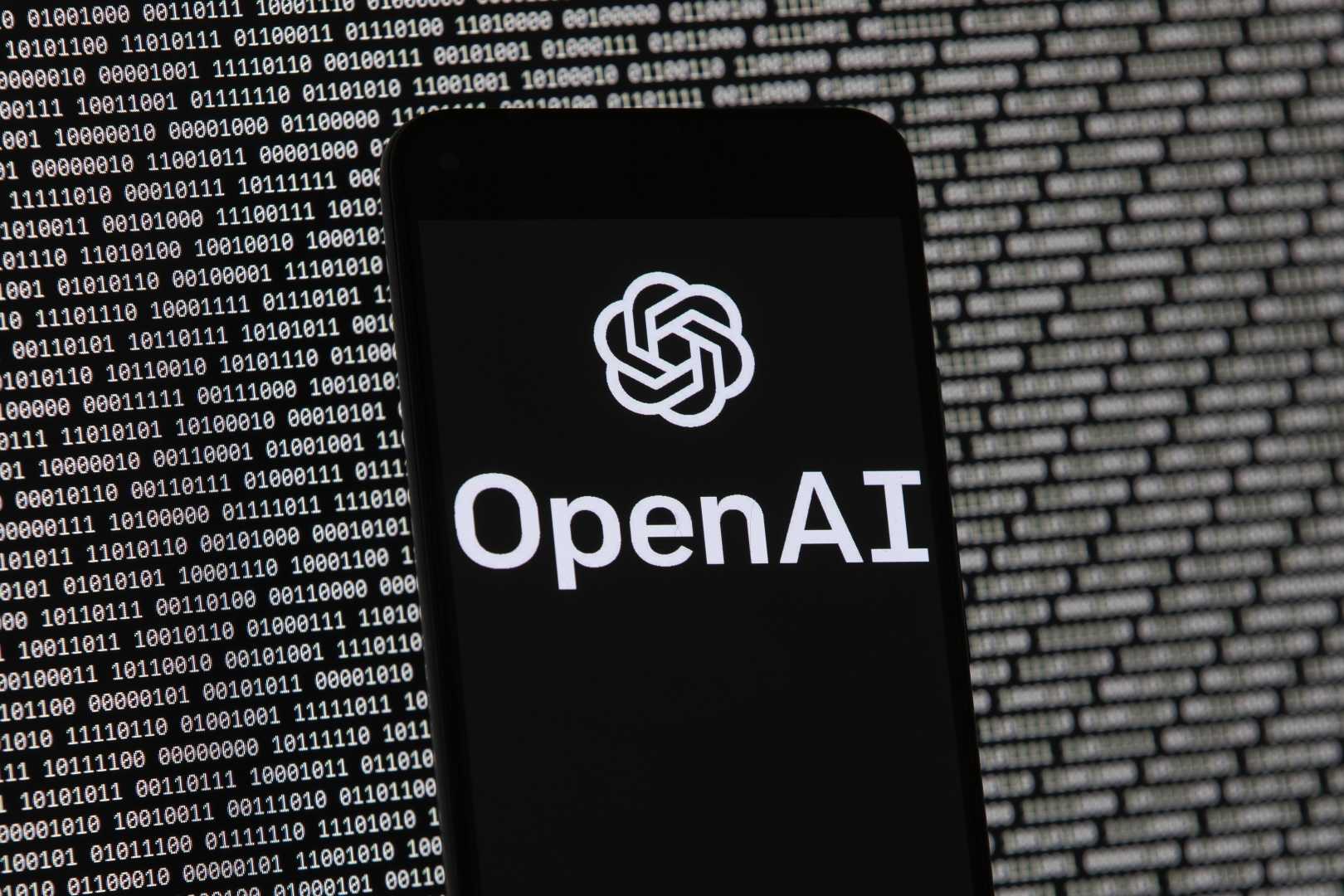Business
OpenAI Board Rejects Musk’s $97.4 Billion Acquisition Bid

SAN FRANCISCO (AP) — OpenAI‘s board of directors has unanimously rejected a $97.4 billion acquisition proposal from billionaire Elon Musk. In a statement released Friday, Bret Taylor, chair of OpenAI’s board, emphasized, “OpenAI is not for sale, and the board has unanimously rejected Mr. Musk’s latest attempt to disrupt his competition.”
The bid follows Musk’s ongoing legal battle against OpenAI, where he alleges the company has strayed from its original nonprofit mission. OpenAI’s legal counsel, William Savitt, communicated in a letter to Musk’s attorney that the proposal was “not in the best interests of OAI’s mission and is rejected.”
Musk has been embroiled in legal disputes with OpenAI since early 2023, accusing the organization of breaching their foundational aims. During its inception in 2015, Musk was a key investor, contributing approximately $45 million until 2018 when he departed the organization. His contention rests on the belief that OpenAI has shifted from a nonprofit to prioritize profit over its original humanitarian objectives.
OpenAI is currently attempting to convert itself more fully into a for-profit entity. However, this transformation is complicated by its ties to a nonprofit entity Musk helped establish, which mandates that the organization must operate in the public’s best interests.
In an unexpected move, Musk’s consortium also includes elements from his own AI startup, xAI. Together with a group of investment firms, they submitted the acquisition bid earlier this week. However, the latest court filings, as stated by Savitt, revealed that Musk’s proposal introduced “new material conditions” which implied it was not a legitimate bid at all.
Musk’s ongoing legal attempts have drawn in additional defendants, including Microsoft, OpenAI’s largest backer, suggesting that the conflict may escalate further. Musk has stated in his court filings that OpenAI is unfairly stifling competition in the AI space. However, during a recent court hearing, a judge expressed skepticism about some of Musk’s claims.
OpenAI’s for-profit model has attracted billions in investments, raising concerns from Musk about whether the startup serves its original mission. Musk’s frustration has long been evident, and he publicly criticized OpenAI during several interviews, suggesting it has drifted from its founding ethics.
As the tensions between Musk and OpenAI continue to unfold, with various legal claims and counterclaims, the future remains uncertain for both the organization and its founding ideals. OpenAI, for its part, is steadfast in its resolve, reiterating that maintaining its commitments to humanity is paramount.












